Book review: Enter Ghost by Isabella Hammad
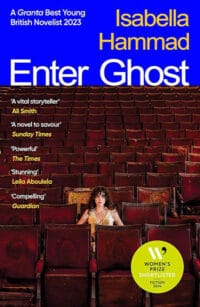 After a year of war, starvation, genocide, reading books by Palestinian authors feels like such a tiny, insignificant act. But – alongside campaigning, writing to MPs, boycotting and divesting – I do think there is real value in sharing Palestinian stories. Sadly I think there are people who need reminding that Palestinians are human beings, who had stuff going on in their lives beyond minute-to-minute survival before all this. And for the rest of us, learning everything we can about Palestine past and present certainly can’t hurt.
After a year of war, starvation, genocide, reading books by Palestinian authors feels like such a tiny, insignificant act. But – alongside campaigning, writing to MPs, boycotting and divesting – I do think there is real value in sharing Palestinian stories. Sadly I think there are people who need reminding that Palestinians are human beings, who had stuff going on in their lives beyond minute-to-minute survival before all this. And for the rest of us, learning everything we can about Palestine past and present certainly can’t hurt.
Perhaps most important, I want to share genuinely good books by less-well-known authors. And while there are many excellent Palestinian writers, very few could be considered well known. So I will continue scouring all the lists of Palestinian books, buying them, reading them and sharing them.
British-Palestinian author Isabella Hammad features on a lot of those lists, and in particular her 2023 novel Enter Ghost. It’s about Sonia, a Palestinian-British actress who finds herself without work for the summer after a disastrous affair with a director, whose casting promises evaporate when they break up. So she decides to visit her sister Haneen who lives in Haifa (in what is now Israel), where their grandparents lived. While there, Sonia is talked into joining the cast of an Arabic production of Hamlet in Ramallah, directed by her sister’s friend Mariam.
Continue reading “Book review: Enter Ghost by Isabella Hammad”
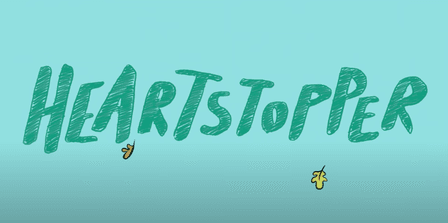

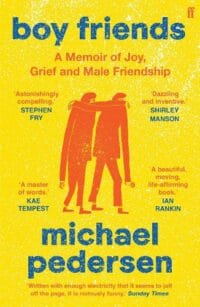 The world is hardly lacking stories about male friendship but we rarely hear about those friendships in romantic or passionate language. There are plenty of examples of female friendships that are romanticized, passionate, even obsessive. But I think society pushes us to believe men don’t experience friendship like that.
The world is hardly lacking stories about male friendship but we rarely hear about those friendships in romantic or passionate language. There are plenty of examples of female friendships that are romanticized, passionate, even obsessive. But I think society pushes us to believe men don’t experience friendship like that. 
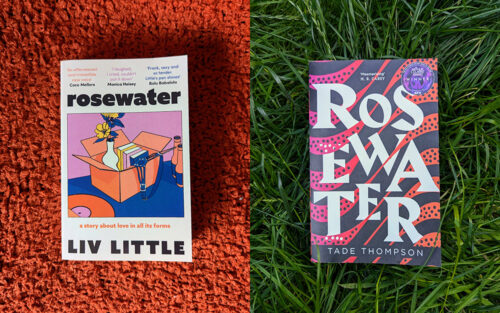

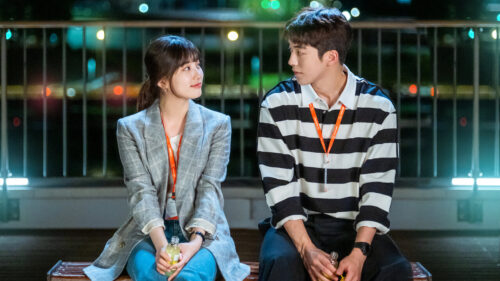
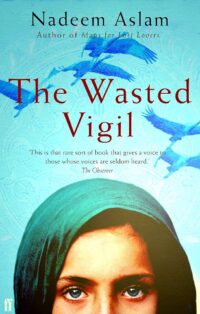 For a country that has featured so heavily in major news events in my lifetime, I have read very few books set in Afghanistan. The Wasted Vigil by
For a country that has featured so heavily in major news events in my lifetime, I have read very few books set in Afghanistan. The Wasted Vigil by 